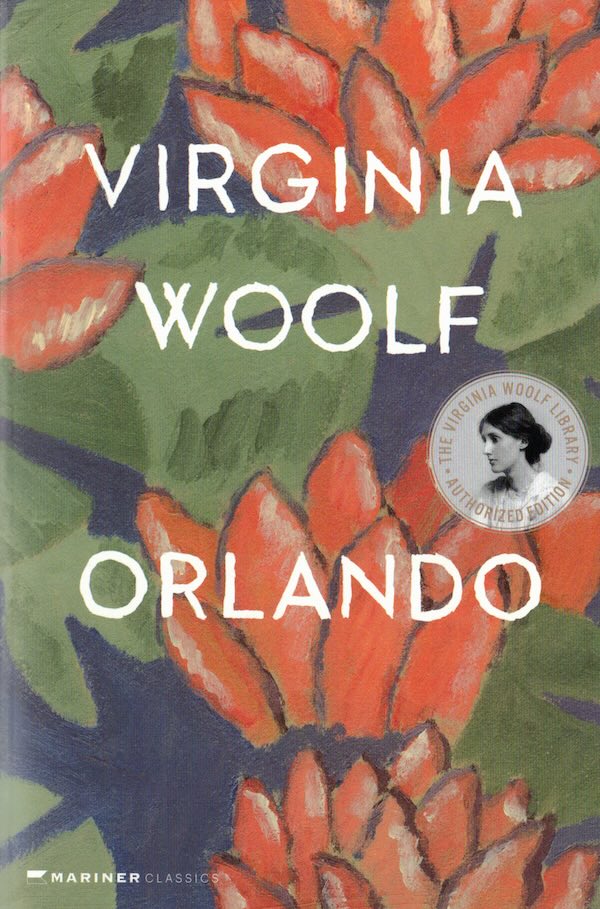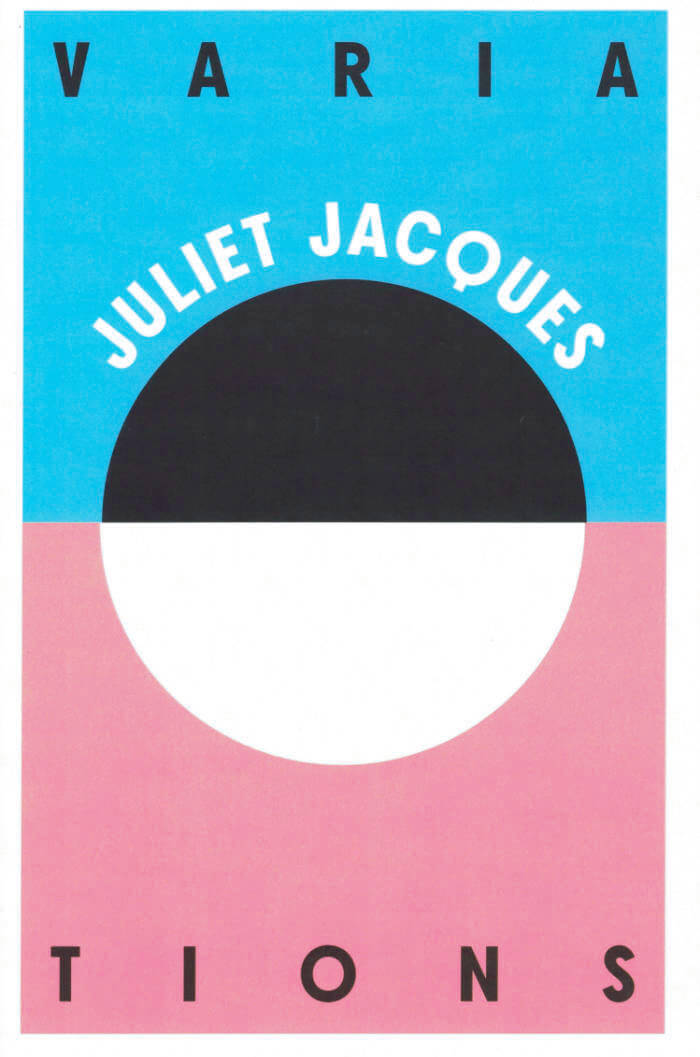
The Planetarium
A young writer has his heart set on his aunt's large apartment. With this seemingly simple conceit, the characters of The Planetarium are set in orbit and a galaxy of argument, resentment, and bitterness erupts. Telling the story from various points of view, Sarraute focuses below the surface, on the emotional lives of the characters in a way that surpasses even Virginia Woolf. Always deeply engaging, The Planetarium reveals the deep disparity between the way we see ourselves and the way others see us.
The author of eleven novels, three works of criticism, a collection of plays, and an autobiography, Nathalie Sarraute (1900-1999) is well-known as one of the prime proponents of the New Novel, alongside Alain Robbe-Grillet, Robert Pinget, and Claude Simon. Among her books are Do You Hear Them?, Martereau, Portrait of a Man Unknown, Between Life and Death, and Tropisms.







